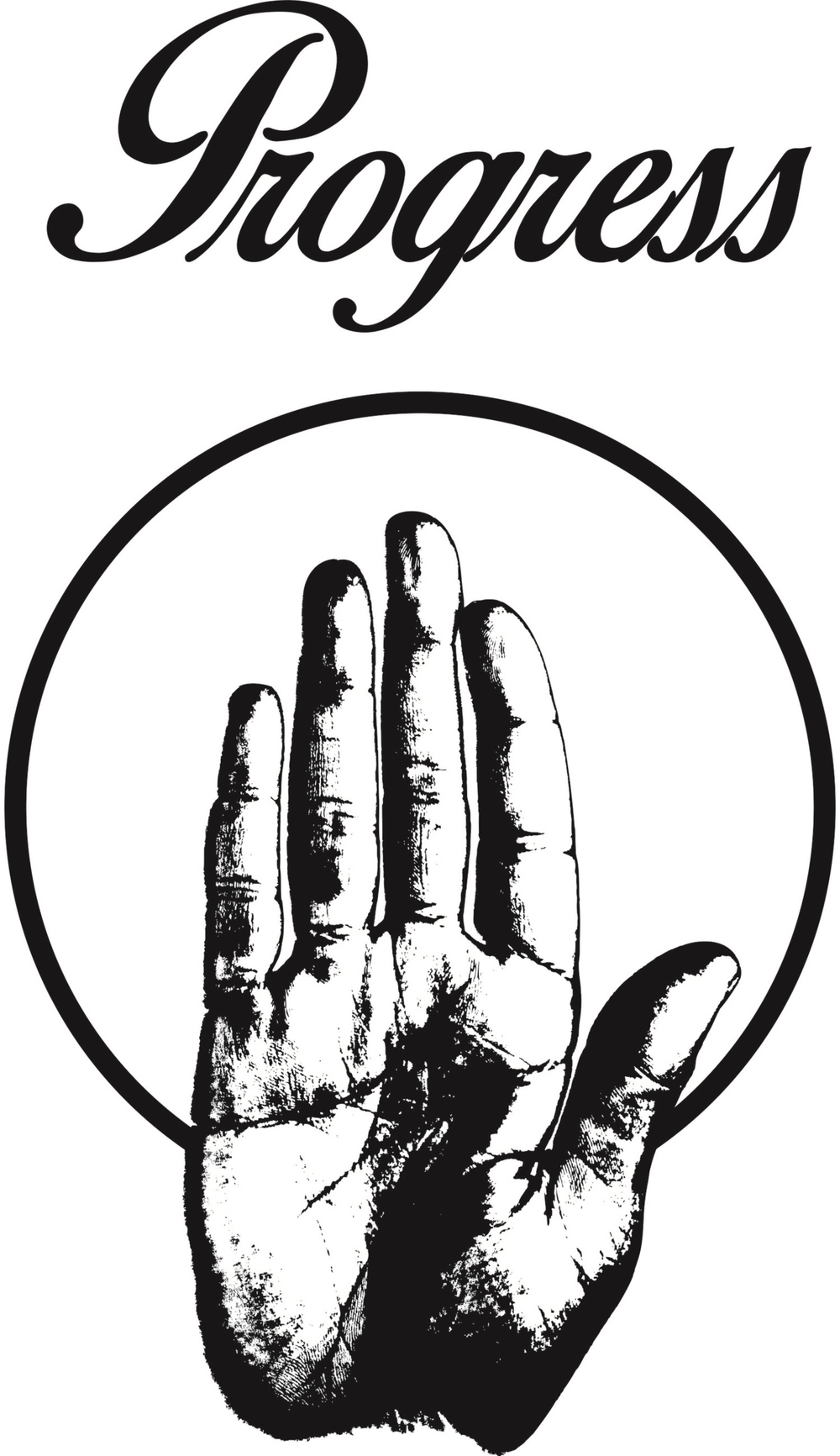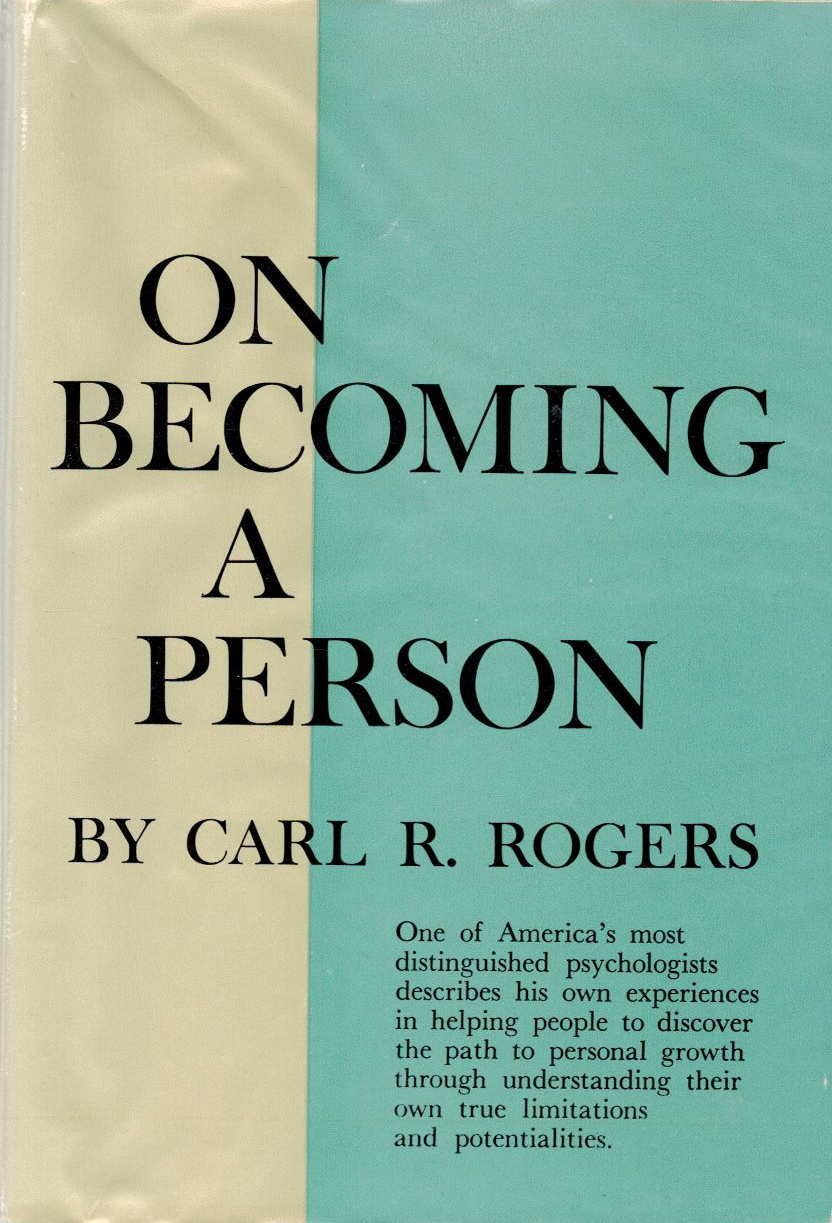Have You Heard: Navy Blue- Song of Sage: Post Panic!
Have You Heard: Quelle Chris & Chris Keys- Innocent Country 2
Have you Heard: Adrian Younge & Ali Shaheed Muhammad- Jazz Is Dead
Have You Heard: Jeff Parker- Suite For Max Brown
Beats: Submerse- See You Soon
Books To Read: Dan Carlin- The End Is Always Near
Beats: Yuk- Paraiso
Have You Heard: JPEGMAFIA- All My Heroes Are Cornballs
Beats: Knxwledge.- TodaysAlreadYesterday
Have You Heard: Sampa The Great- The Return
Have You Heard: Nikki Jean- Beautiful Prison
Have You Heard: Melo-Zed- Zachary
Beats: Moo Latte- North
Have You Heard: Black Pumas- Black Pumas
Books To Read: Ibram X. Kendi- Stamped From The Beginning
The National Book Award winning history of how racist ideas were created, spread, and deeply rooted in American society.
Some Americans insist that we're living in a post-racial society. But racist thought is not just alive and well in America--it is more sophisticated and more insidious than ever. And as award-winning historian Ibram X. Kendi argues, racist ideas have a long and lingering history, one in which nearly every great American thinker is complicit.
In this deeply researched and fast-moving narrative, Kendi chronicles the entire story of anti-black racist ideas and their staggering power over the course of American history. He uses the life stories of five major American intellectuals to drive this history: Puritan minister Cotton Mather, Thomas Jefferson, abolitionist William Lloyd Garrison, W.E.B. Du Bois, and legendary activist Angela Davis.
As Kendi shows, racist ideas did not arise from ignorance or hatred. They were created to justify and rationalize deeply entrenched discriminatory policies and the nation's racial inequities.
In shedding light on this history, Stamped from the Beginning offers us the tools we need to expose racist thinking. In the process, he gives us reason to hope.
Beats: Rah Zen- Midnight Satori
Have You Heard: Che Noir- The Thrill Of The Hunt 2
Books To Read: Carl Rogers- On Becoming A Person
The late Carl Rogers, founder of the humanistic psychology movement, revolutionized psychotherapy with his concept of "client-centered therapy." His influence has spanned decades, but that influence has become so much a part of mainstream psychology that the ingenious nature of his work has almost been forgotten. A new introduction by Peter Kramer sheds light on the significance of Dr. Rogers's work today. New discoveries in the field of psychopharmacology, especially that of the antidepressant Prozac, have spawned a quick-fix drug revolution that has obscured the psychotherapeutic relationship. As the pendulum slowly swings back toward an appreciation of the therapeutic encounter, Dr. Rogers's "client-centered therapy" becomes particularly timely and important.
















